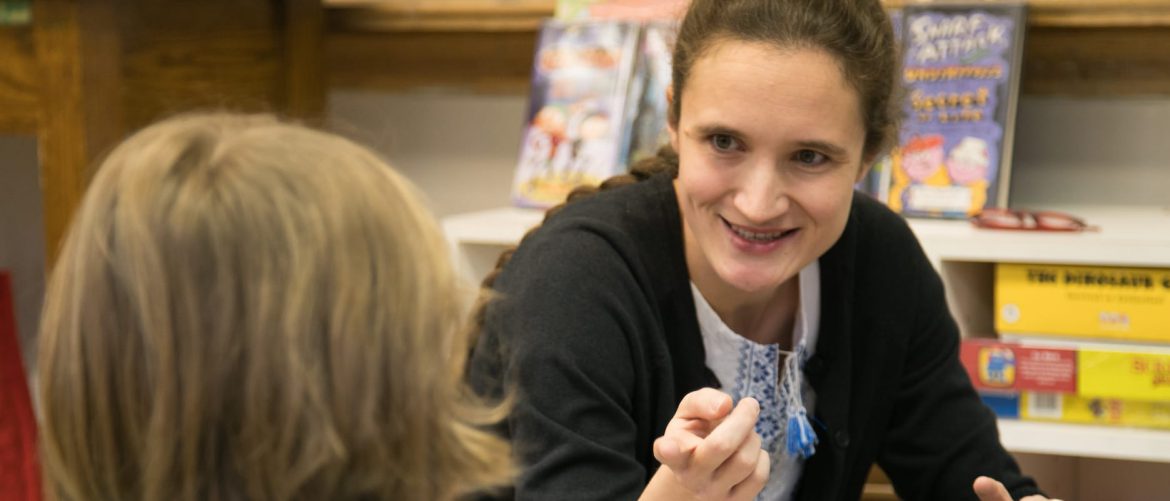Last week, my students learned a new vocabulary word: sensationalize. The usual best practice approach to teaching vocabulary is to wait until students have grasped a new concept before introducing the word that describes it, and this is a concept we’ve come to know well lately! As a morning message last week, I asked the class what they thought “sensationalize” might mean; answers ranged from “to feel something” to “to make a sensation,” and we used those definitions as a jumping-off point for our conversation. As soon as I said that sensationalize means to make something sound worse than it is or make a bigger deal out of an event than you need to, examples began to pour forth — all taken from recent class interactions. The most common refrain I heard in that conversation was, “We do that all the time!”
This has been a growing trend within the class this year: to take a small mishap, like a water spill, and create a thrilling drama out of it; or to take a moment of imaginary play and repeat the idea so many times that it’s hard to admit that it’s not true. I was pleased that the kids recognized the connection immediately and were also able to see why this causes problems.
On Monday of this week, we used some time to come back to this issue with some role-playing. We named various common scenarios from our class or from recess, and invited different students to act out a response that was, first, sensationalizing, and then calm and sensible. They did a great job at both parts! And again, I was very pleased to see how readily they could identify the different ways of sensationalizing a given scenario and connect that to real-life examples in a calm discussion. I ended the conversation by suggesting that, in the future, they could encourage one another or give each other high fives if they see a classmate react calmly and refrain from sensationalizing a small incident!


Renata McAdams
is our grade 3-4 classroom teacher. She has taught in a variety of public, charter, and independent schools, including a combined 3-5 classroom in Ann Arbor, Mich., for two years. Rentata graduated from Vassar College and received her M.S.Ed. from the University of Pennsylvania. She grew up in Oberlin, Ohio, and moved to Chicago from Philadelphia with her husband (then-fiancé) in August 2014.
In her free time, Renata enjoys singing, acting, dancing, and reading.